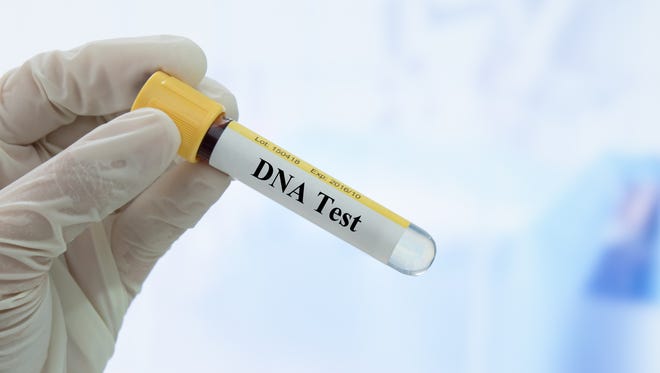Twenty-seven percent of paternity tests conducted in Nigeria came back negative, with Yoruba and Igbo people topping the chart of Nigerians conducting paternity test, a new report has revealed.
The report released by Smart DNA, a leading DNA testing centre in Lagos, said more than one in four men tested are not the biological fathers of the children in question.
The comprehensive 2024 report on DNA testing trends in Nigeria, covers July 2023 to June 2024.
The report showed that the Yoruba ethnic group accounted for 53 per cent of tests, followed by Igbo (31.3 per cent), with Hausa at only 1.20 per cent.
The report unveils several astonishing findings that shed light on societal dynamics, economic factors, and changing family structures in Nigeria.
The report, which was made available to the News Agency of Nigeria (NAN) in Lagos on Sunday showed that paternity uncertainty remained high.
According to it, 27 per cent of paternity tests conducted came back negative, indicating that more than one in four men tested are not the biological fathers of the children in question.
It also showed Immigration Tests surge, indicating that the “Japa” trend was high.
The report noted a significant increase in DNA tests for immigration purposes, growing more than any other test type, as more Nigerians seek opportunities abroad.
The trend also suggested that a growing number of parents with dual citizenship were processing paperwork for their children’s emigration
On regional dominance, the report showed that Lagos dominated, a reflection of economic disparity.
An overwhelming 73.1 per cent of all DNA tests were conducted in Lagos, with a stark divide between Mainland (67.5 per cent) and Island (32.5 per cent).
This concentration highlighted the economic divide within Lagos and across Nigeria, raising questions about access to such services in other parts of the country.
Commenting on the report, Elizabeth Digia, Operations Manager at Smart DNA, said: “These findings offer a unique window into the changing dynamics of Nigerian families and society.
“The high rate of negative paternity tests and the surge in immigration-related testing are particularly noteworthy.
“They reflect broader societal trends that merit further discussion and research,” she said.









